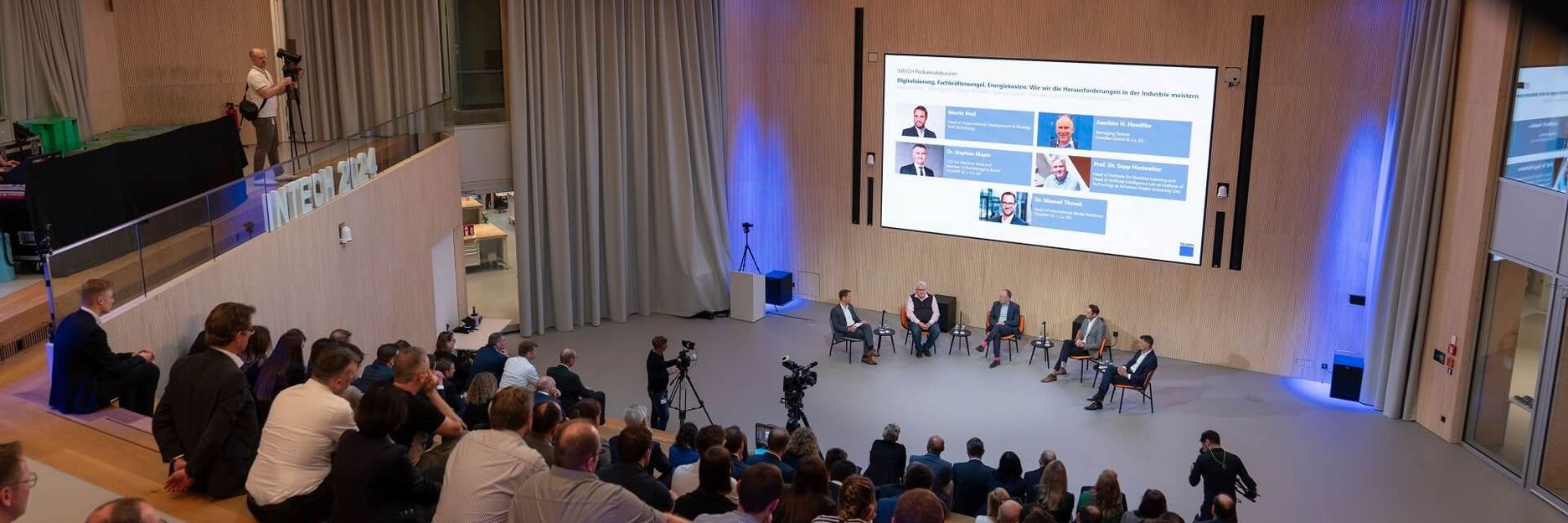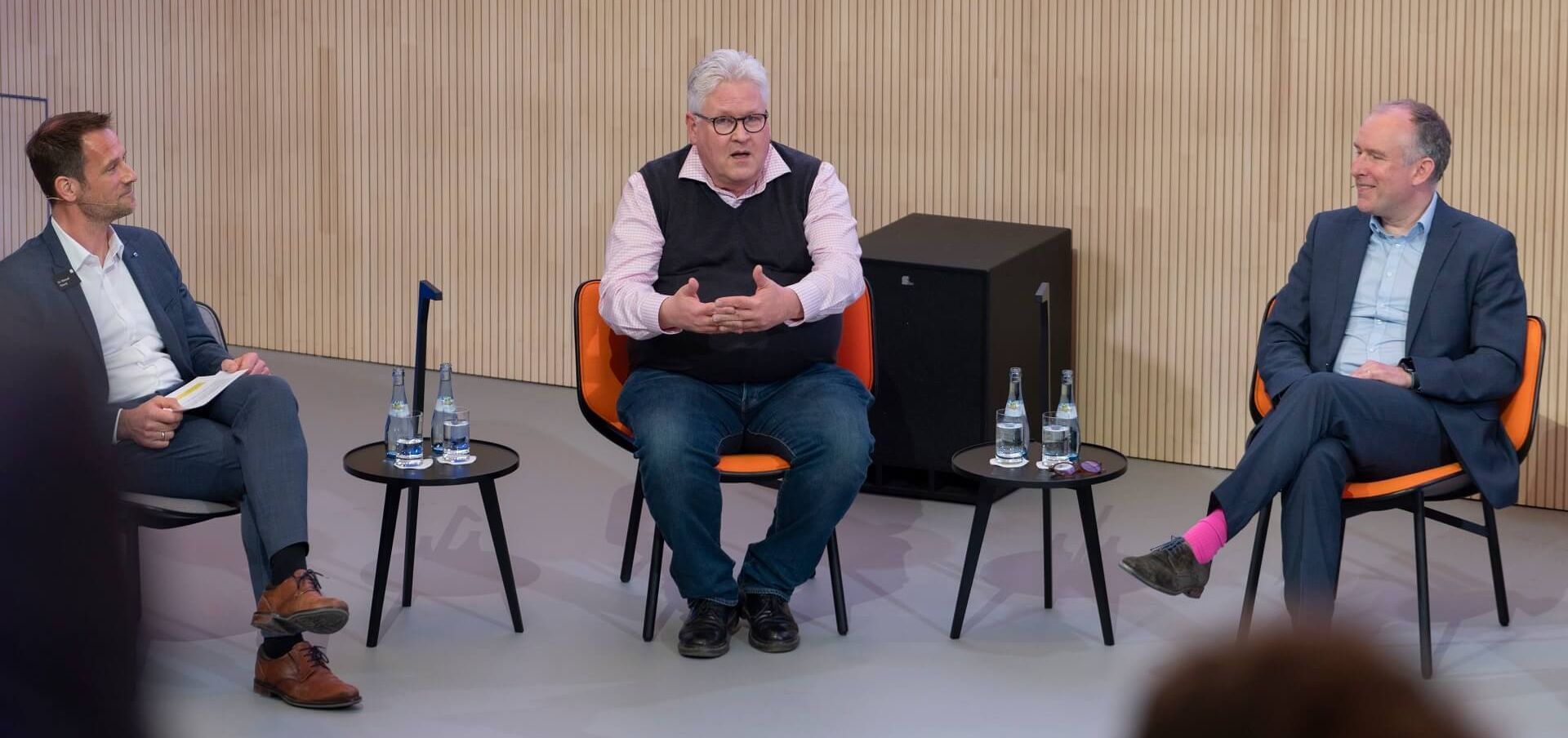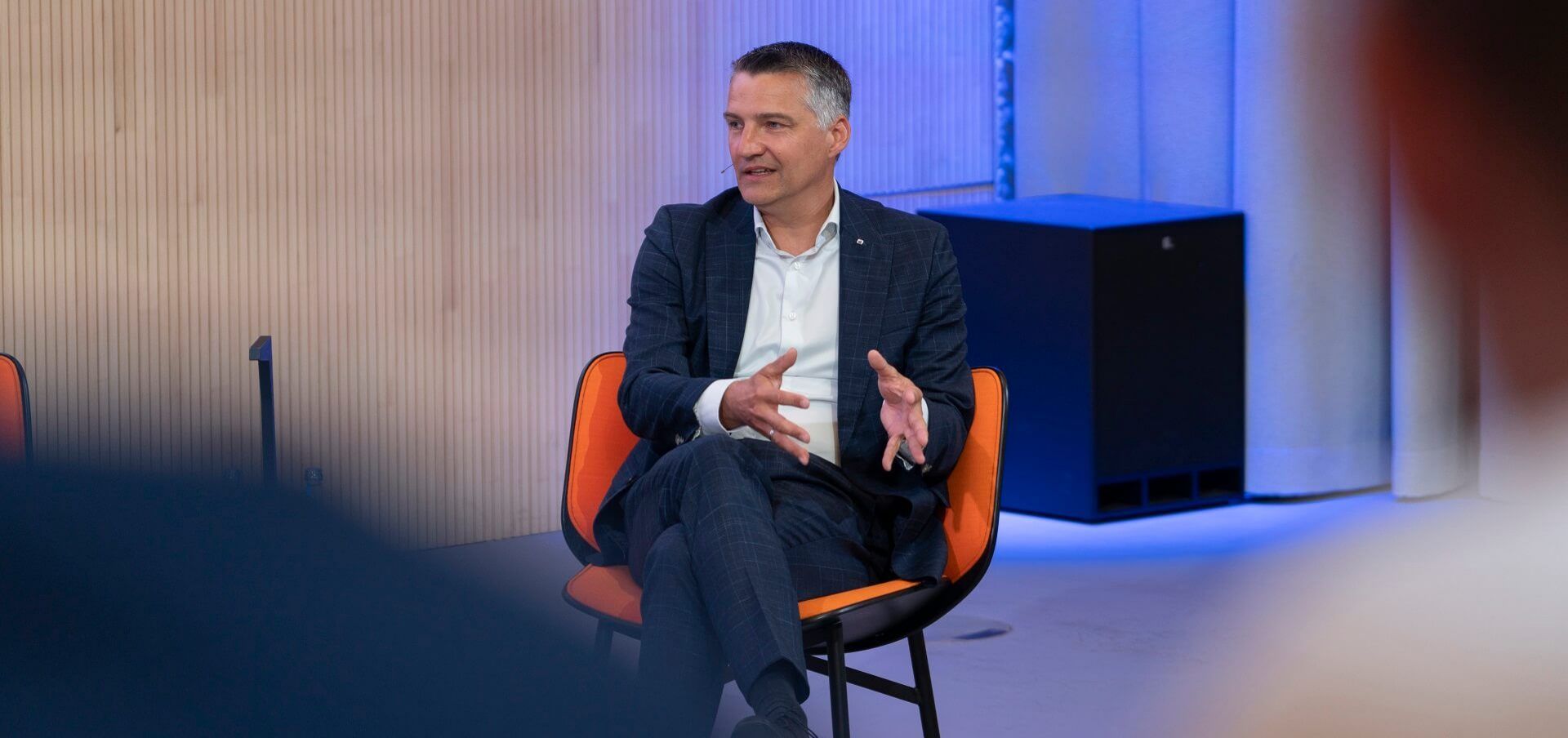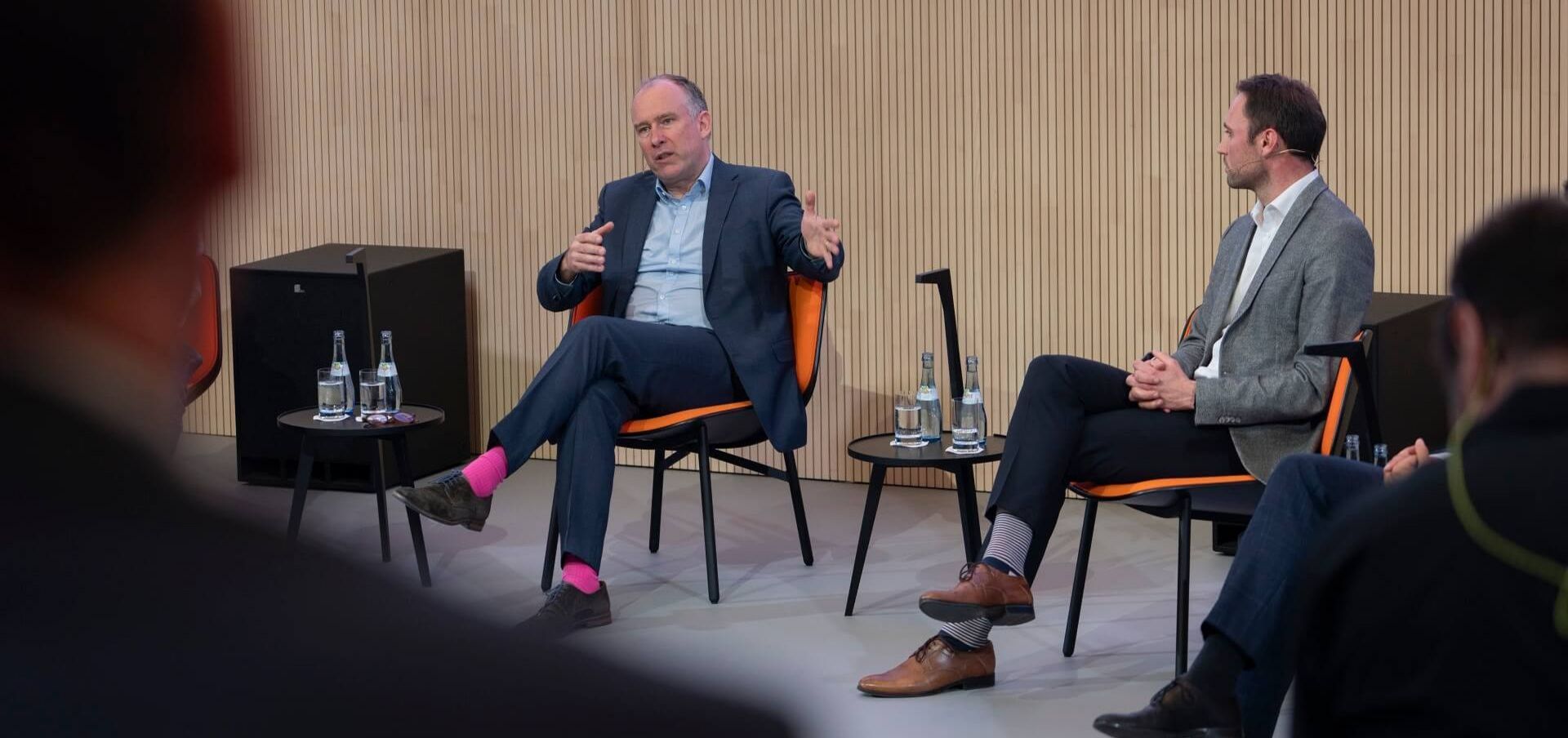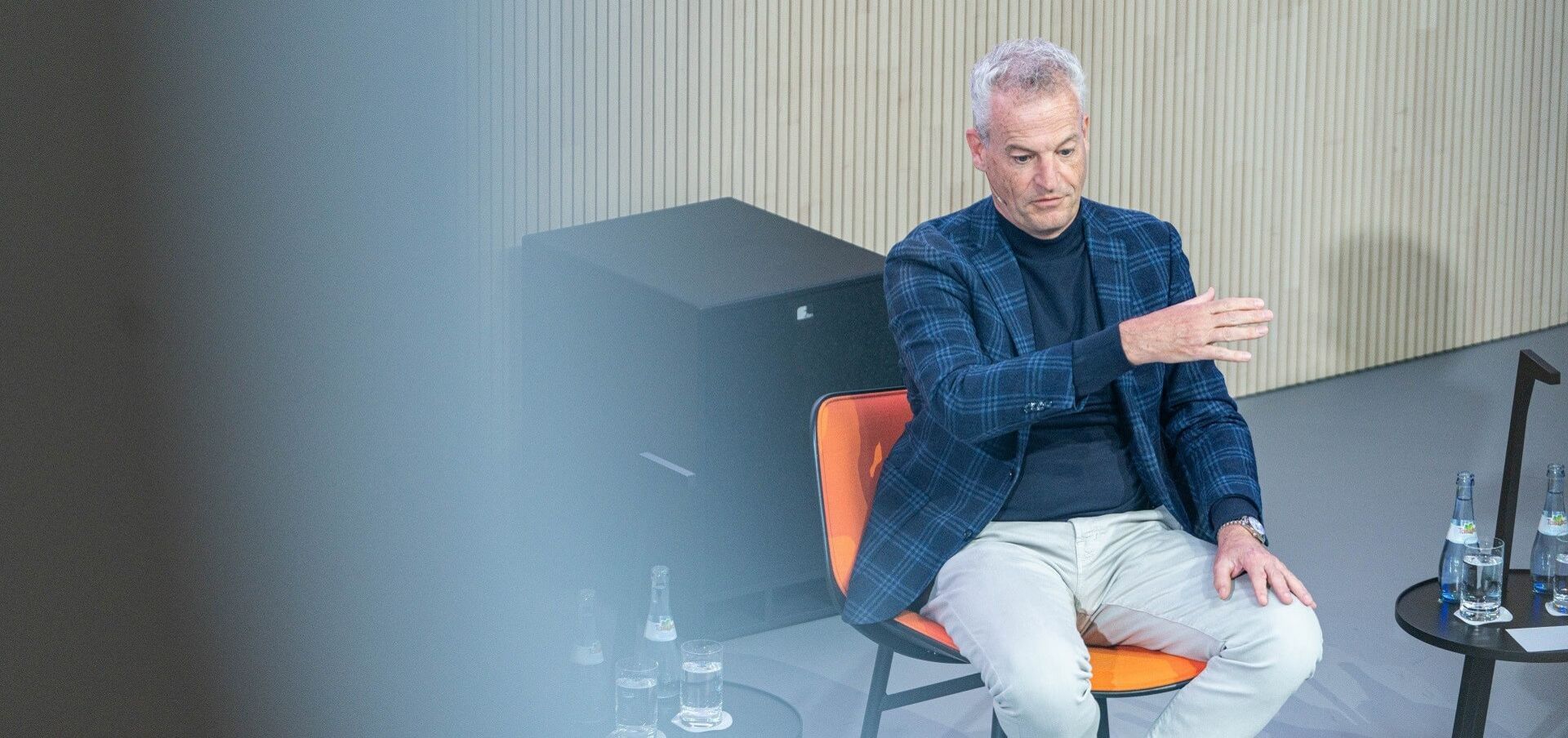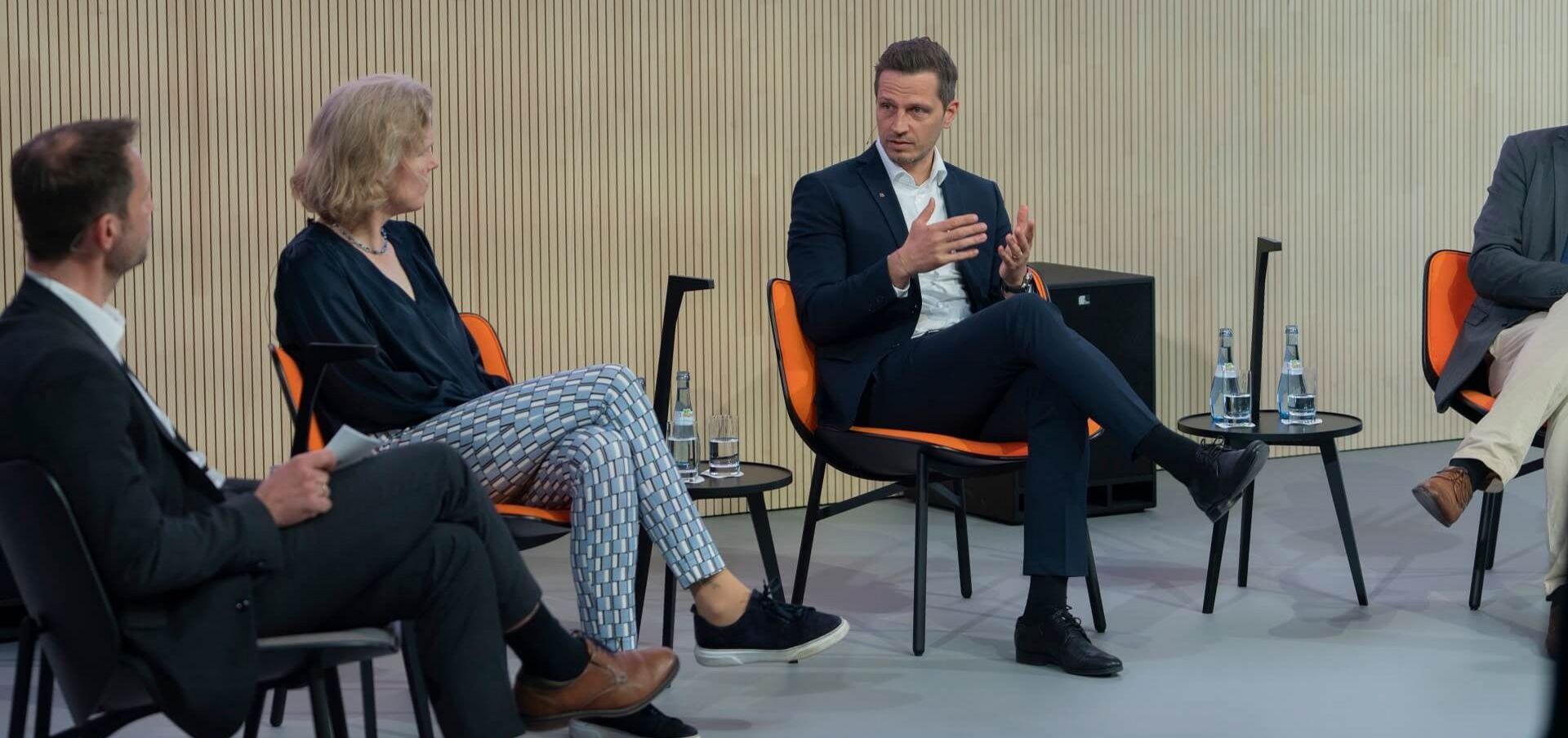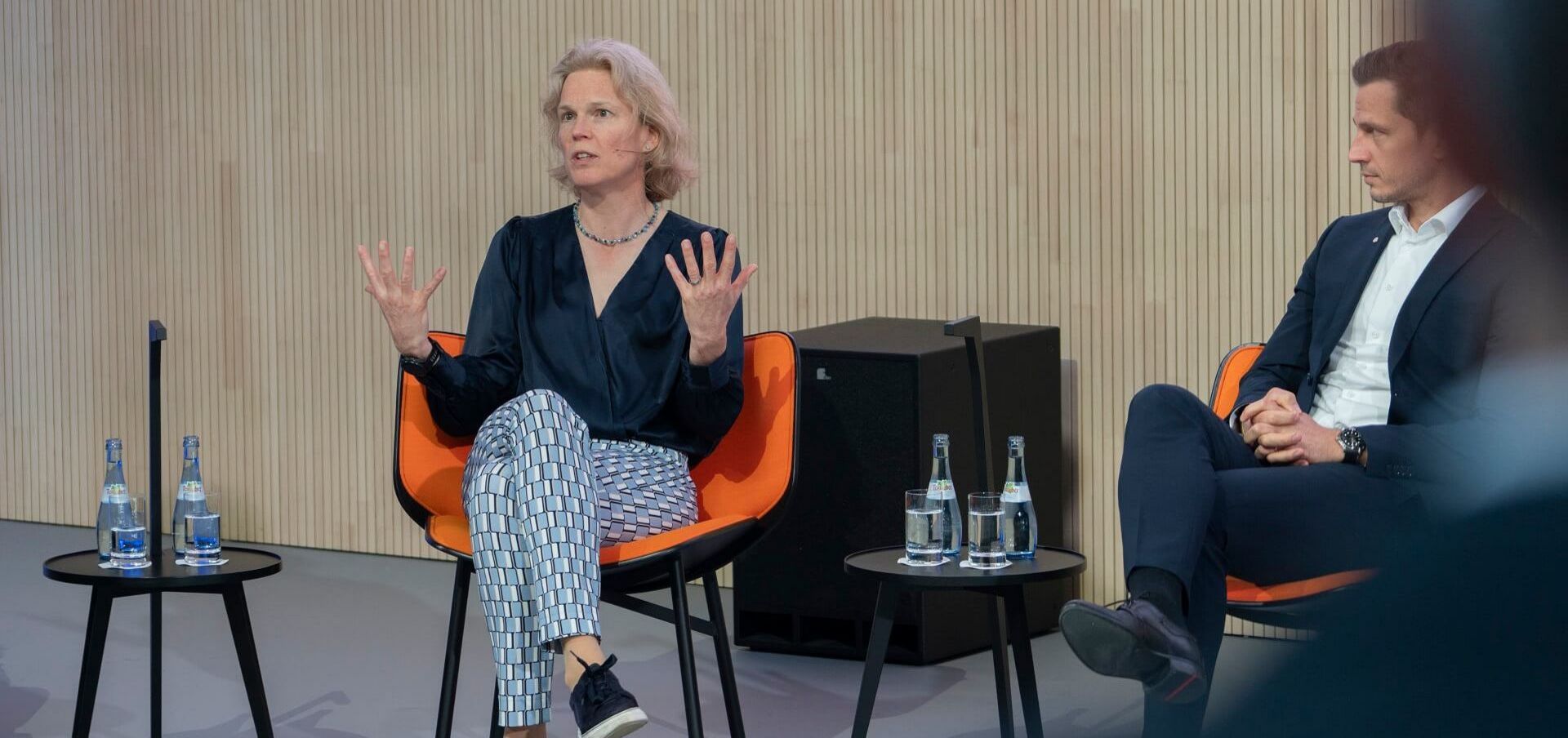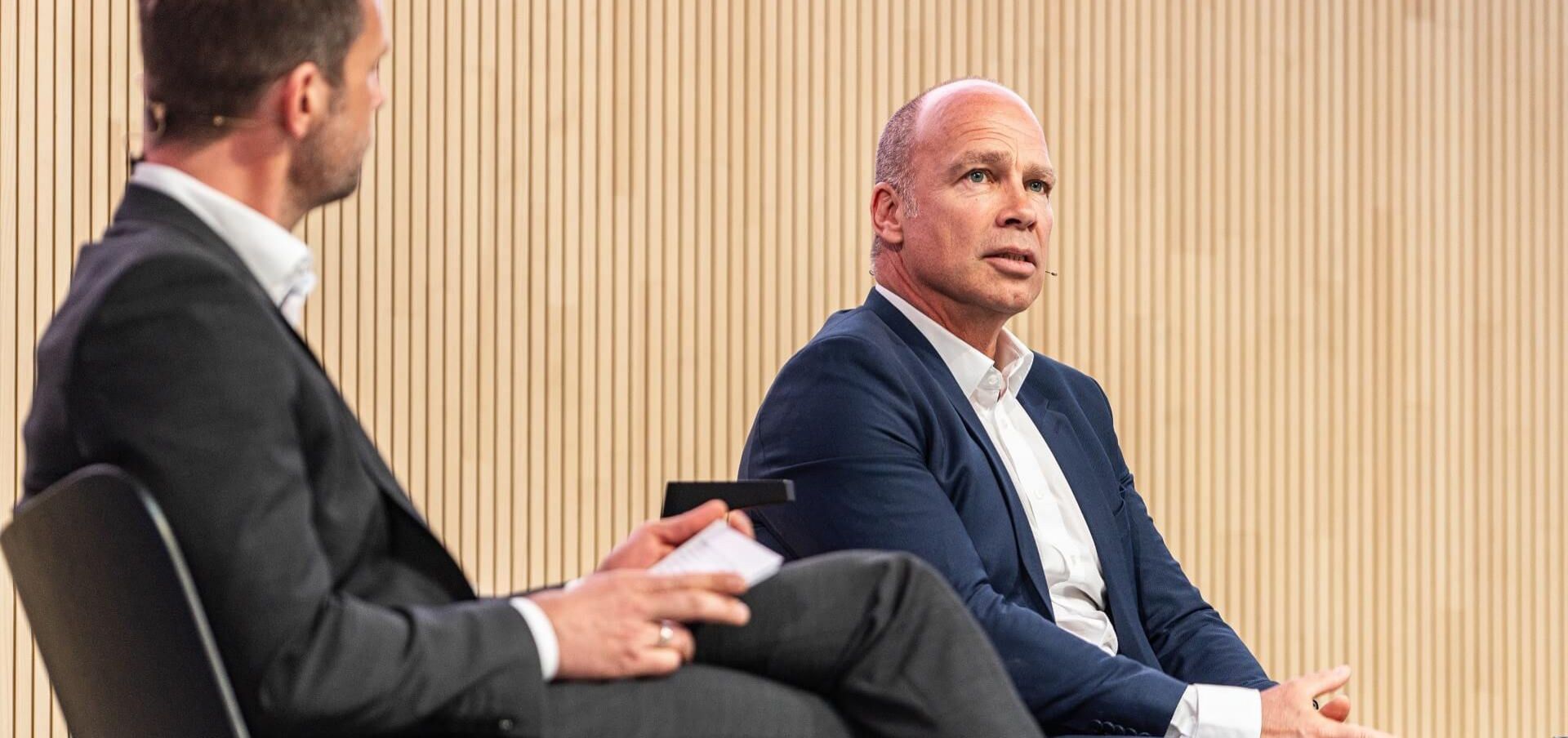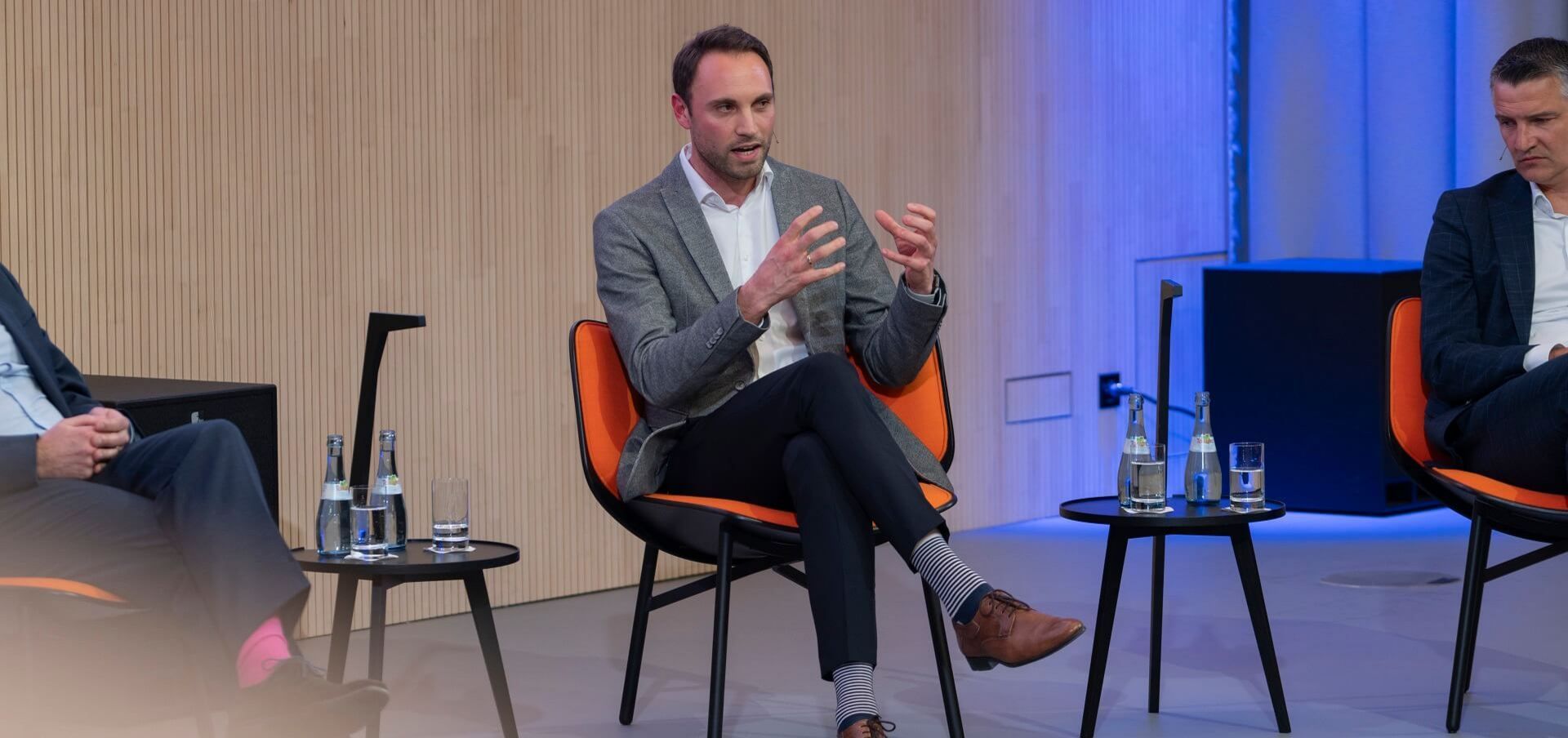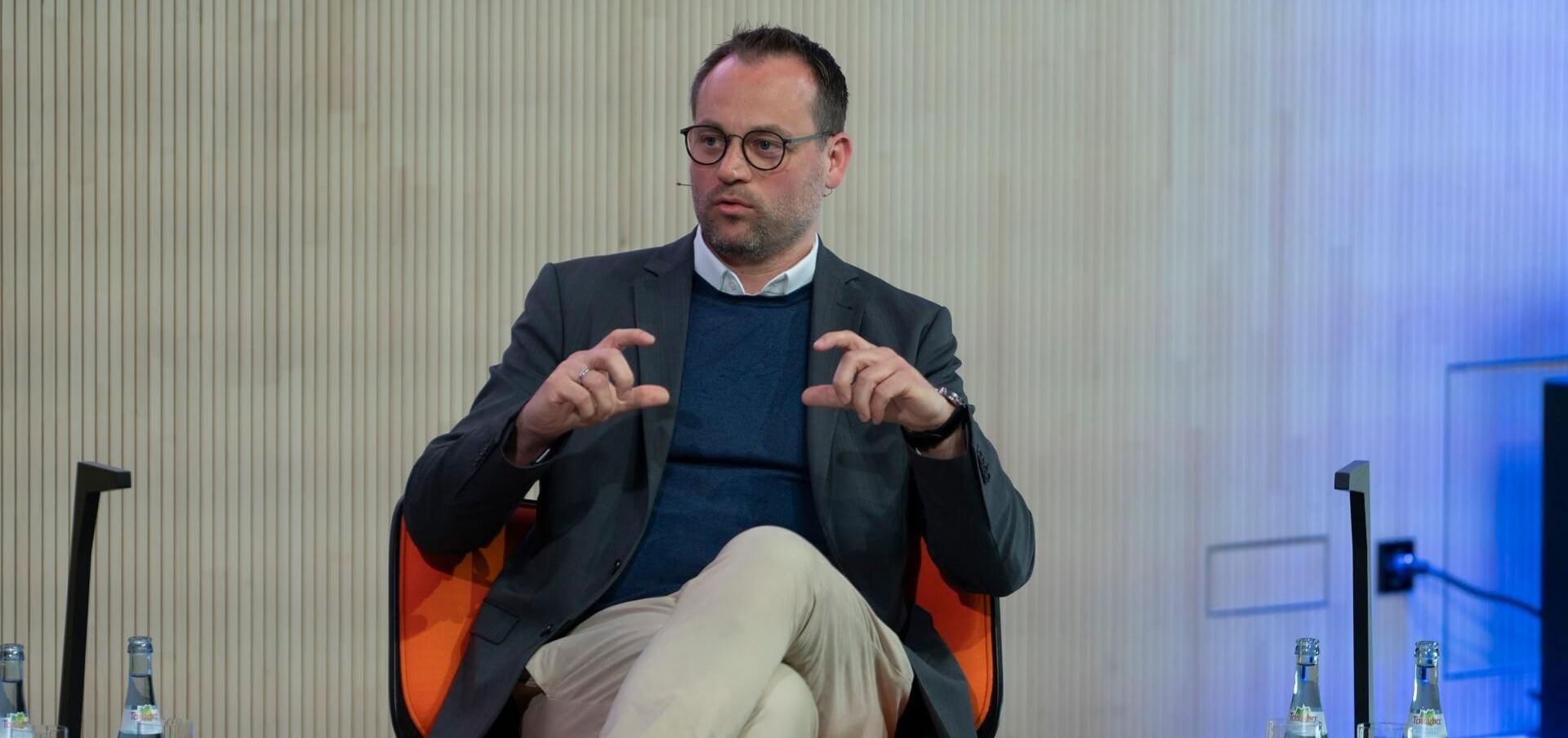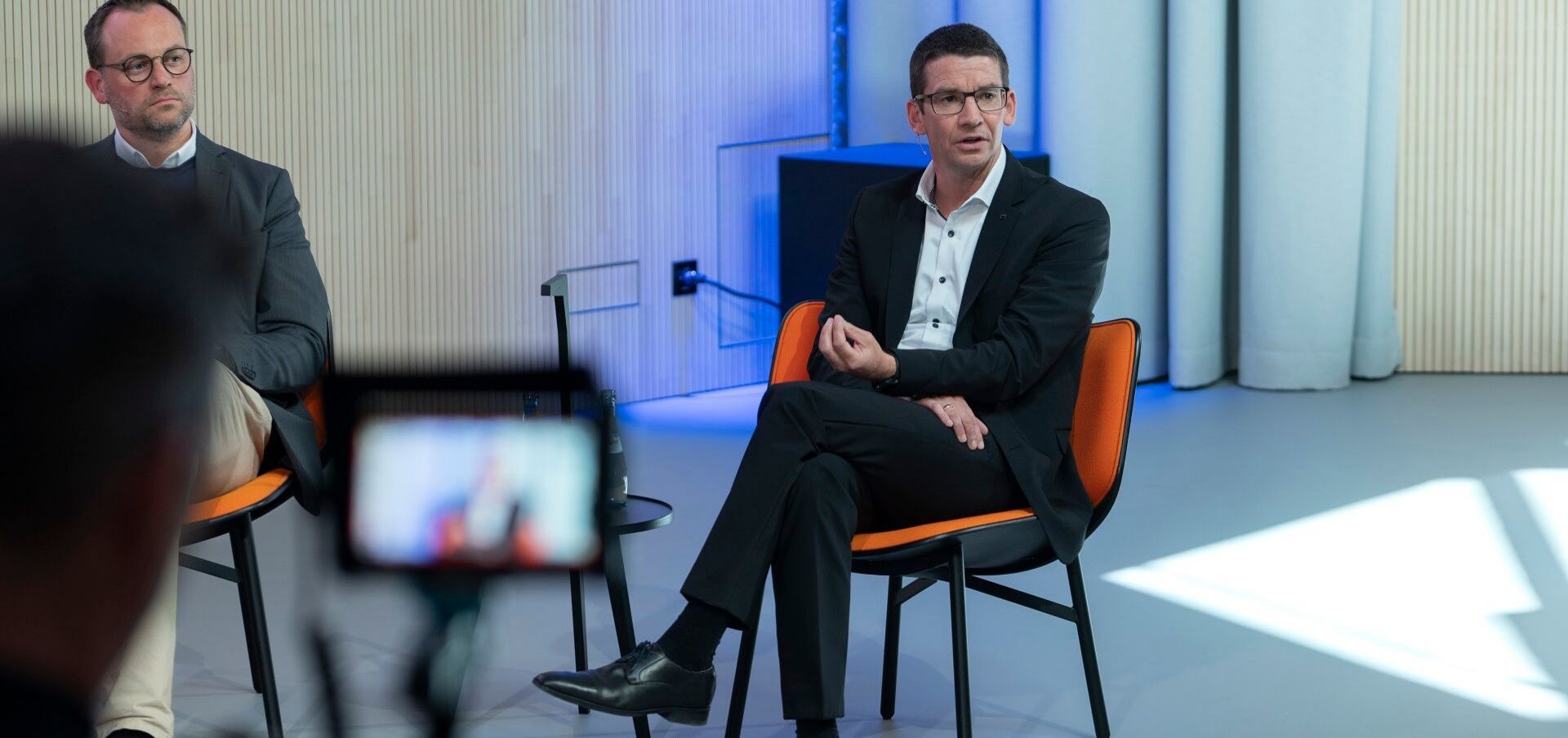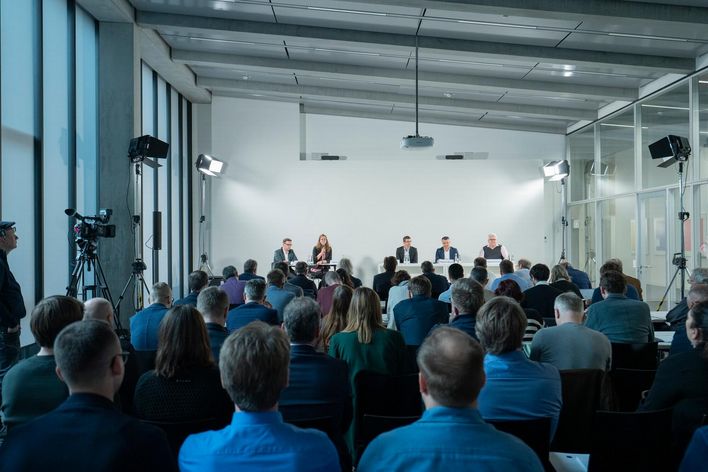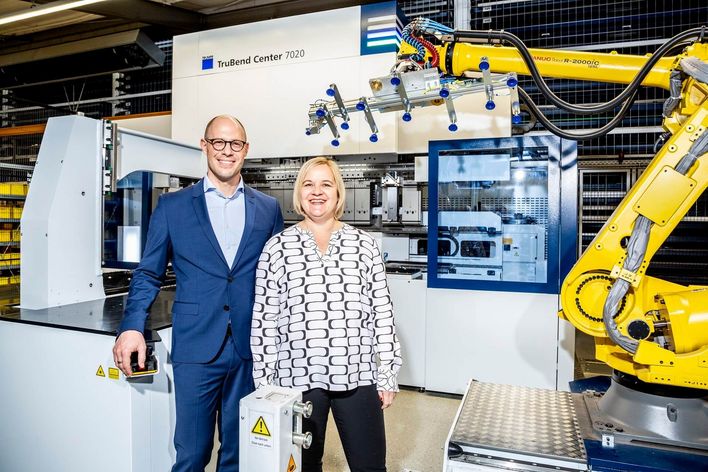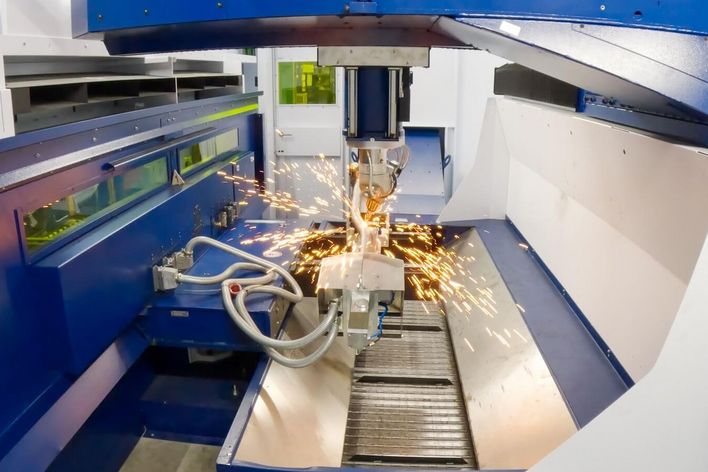D
igitalization, a shortage of skilled workers, energy costs - companies will be facing huge challenges by the end of the decade. At the panel discussions at the INTECH in-house exhibition, renowned experts from the world of science and company representatives discussed the future of industry. Here is a summary of their ideas for overcoming current and future challenges.
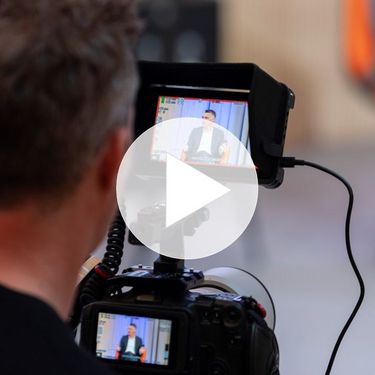
The editorial team has summarized the most important answers from the panel discussions for you in a video.
Date created
15/04/2024

